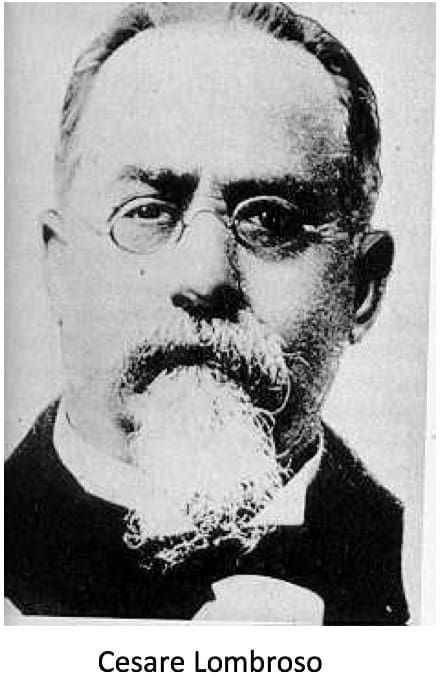In this post
Unlike learning theories, which take a person’s life experiences into account, the biological theory maintains that it is a person’s biological make-up, such as their brain, hormones and genetics, which account for their behaviour

Biological theories of behaviour are very old and have existed for much longer than others; early theories, such as that by Cesare Lombroso, argued that people may show criminal behaviour because of certain facial features and body types. Although these theories are no longer taken seriously, there is still some evidence which exists to show that criminal behaviour may actually run in families due to genetic inheritance.
Genetic explanations for criminal behaviour
The nature vs. nurture debate plays a critical role in determining whether criminal behaviour runs in families or whether such behaviour comes about because people in families share the same environment, where factors like poverty may play an important part in determining behaviour.
Like most areas of psychology, criminal behaviour might be best explained by genetics in terms of examining the behaviour of twins; the theory being that if a set of identical twins are more likely to show criminal behaviours than non-identical twins, then their genetics, rather than their environment (which will also be shared), might best account for this.
Adoption studies are also a good way of ruling out the potential influence of the environment in showing how influential genetics are. If a child is adopted from an early age and yet still shows the same behaviours as a biological parent then this might be accounted for by genetics.
Mednick (1975) found, in an adoption study, that 21% of children who grew up to show criminal behaviours had a biological father who had also committed a crime. In comparison to this, only 10% of children whose biological father was not a criminal but their adoptive father was, went on to commit crimes themselves.
This does not definitively show that criminal behaviour is inherited but does indicate that it might be at least one factor in explaining such behaviours.



